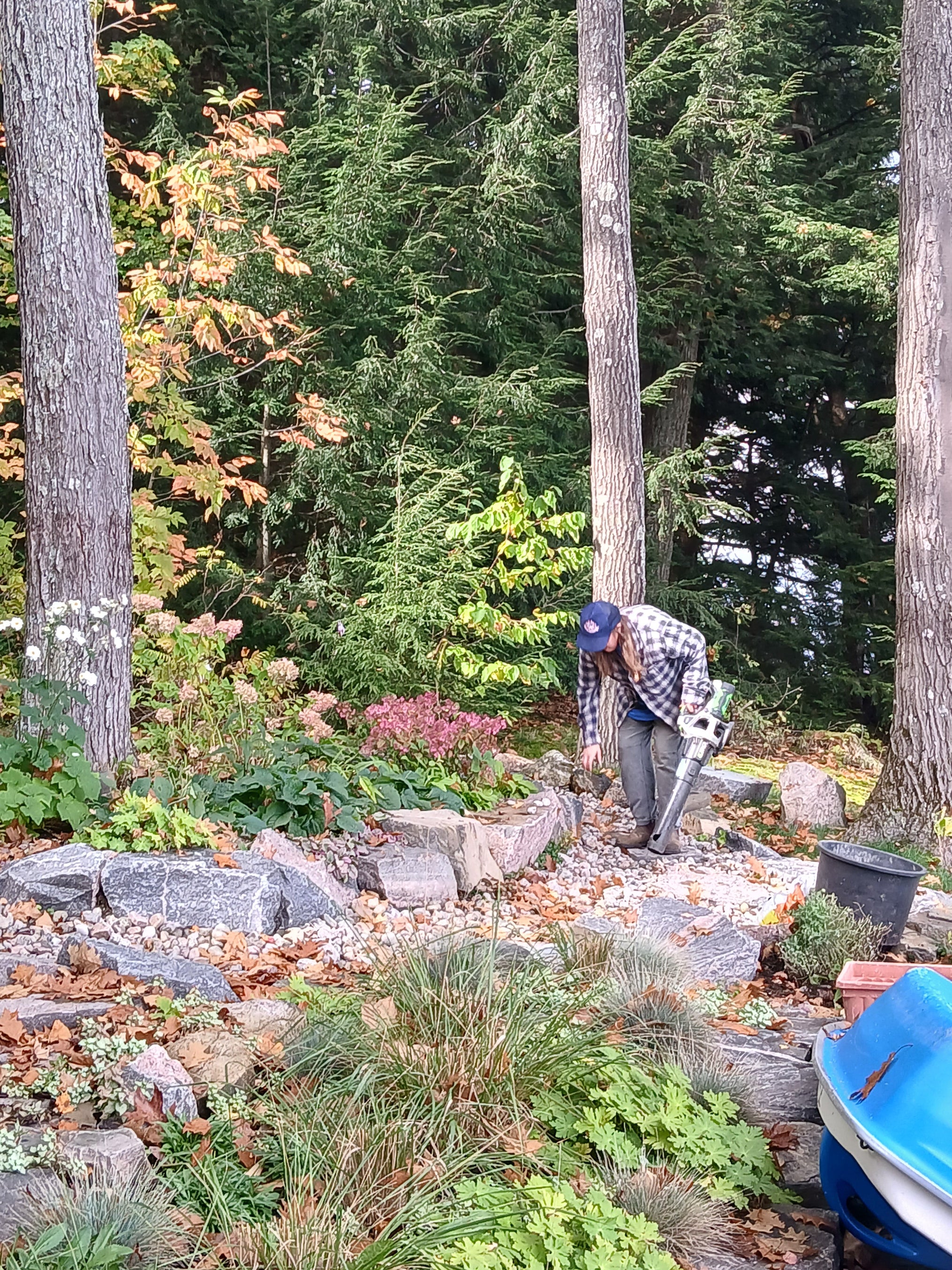
Our Approach is to spend quality time in your yard to get to know all the ins and out and nooks and Crannies. Observe, Listen, set a course to tidy and nurture the Garden
Growing Swiss Chard - Benefits and Instructions
Benefits of Growing Swiss Chard
-
Medicinal- Swiss Chard contains strong antioxidant properties that promotes bone development, prevents cardiovascular disease, boosts cognitive development, maintain healthy hair, skin and nails, improve muscle function and support eye health.
- Nutritional Profile - High levels of Vitamin K, C and A as well as potassium, magnesium, calcium and copper.
-
Use in: Soups, stews, smoothies, roast, saute, pasta, salads.

Growing Instructions
Culture:
Harvesting:
Swiss Chard can be harvested as soon as the plants grow 9-12 inches. Harvest the outer leaves first to allow the tender inner leaves to continues growing. The entire plant can be harvested by cutting it with a sharp knife above the soil line. Swiss Chard is a 'cut and come again' crop, since new leaves will continue to grow from the center of the plant after harvest. The smaller leaves are very tender and are ideal for salad greens, whereas the more mature leaves are ideal for cooking and the midribs can be used just like celery.
Storage/Preparation:
Fresh chard can be stored in a perforated plastic bag in the vegetable crisper drawer of the refrigerator for up to 10 days. Chard can also be frozen, either chopped or whole. Stored in an airtight container or bag, it can last in the freezer for up to 12 months.
Companions:
Leeks, brassicas, celery, marigolds, bush beans, rosemary, mint, thyme.
